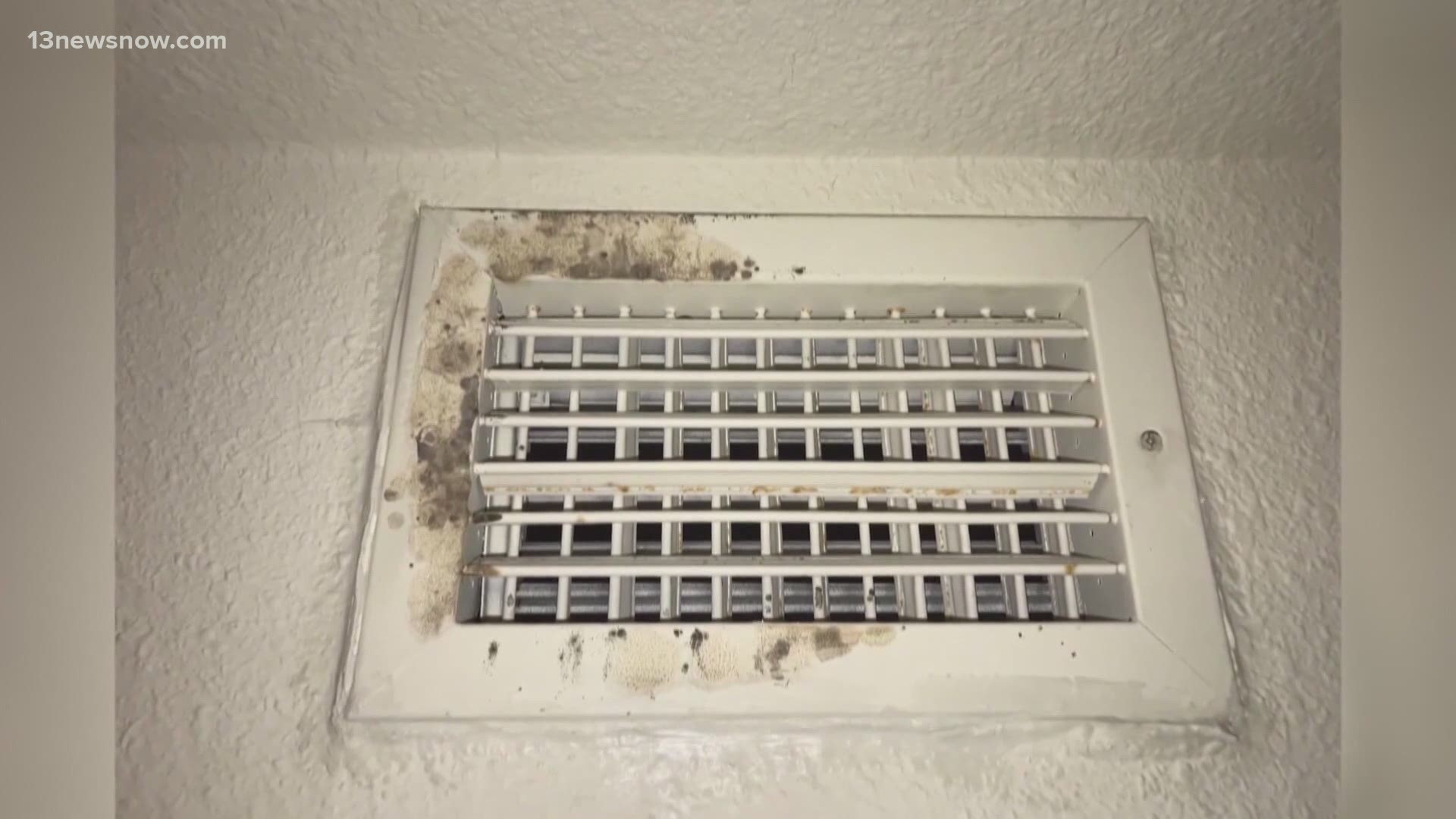WASHINGTON — Progress is being made, but there is still much work to be done.
Privatized housing companies have exposed up to 200,000 military families to toxic mold, lead paint, water damage, and infestations.
Thirty-five of those neighborhoods are located in Hampton Roads, owned by three companies: Lincoln, Hunt, and Balfour Beatty.
Members of the House Appropriations Committee this week said they continue to hear from constituents of rampant problems with failing services and indifferent or non-existent command involvement.
"The FY 2020 NDAA enacted 34 provisions overhauling protecting the families that have been wrongly treated by the private companies," said the committee's chairwoman, Rep. Debbie Wasserman Schultz (D-Florida). "I'd like an update, particularly on the status in implementing the three remaining rights within the tenants' bill of rights."
A key provision in the Bill of Rights -- creating a process for residents to withhold rent during dispute resolutions -- has been finalized at long last.
"On the Tenant Bill of Rights, there were 14 of them, 10 have been executed," said Todd Schafer, Acting Assistant Secretary of the Navy for Environment, Installations and Energy. "We have agreements with our partners to implement those. The remaining four will be implemented by 1 June."
Senate Armed Services Committee member Sen. Tim Kaine (D-Virginia) places most of the blame for ongoing problems with the military.
"They just turned a blind eye and let the contractors do what they wanted," he said. "That day is over."
But Kaine says the private companies are guilty, too.
"We've seen improvements, at least as measured by the number of complaints that we get," he said. "But we're not there yet. And we're not going to stop until people are treated the way they should be."
Congress has already spent nearly $200 million over the past two years to help improve accountability over private housing providers.
But keeping the companies honest will apparently cost even more, with the Department of Defense now saying it needs another $120 million a year to staff new programs, to inspect and oversee those housing projects.

